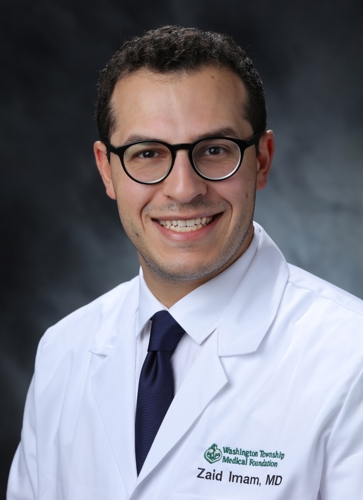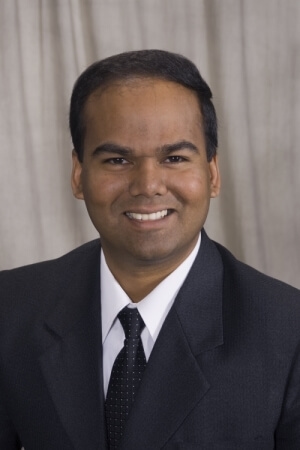
Ulcers
GI Treatment at Washington Township Medical Foundation
A stomach order is essentially a sore that occurs inside your body. An ulcer can develop on the lining of the esophagus, stomach, or small intestine. These sores can be extremely painful. Many causes of upper abdominal pain are actually caused by ulcers. On this page, learn about what causes ulcers and how our team at Washington Township Medical Foundation can help you.
Causes of Stomach Ulcers
Some of the factors that can contribute to the formation of a stomach ulcer include:
- Infection with the bacterium called helicobacter pylori (H. pylori)
- Too much acid in the stomach, often caused by factors such as stress, tobacco use, genetic predisposition, and eating too much of certain types of foods
- Consistent, sustained use of non-steroidal, anti-inflammatory drugs (NSAIDs), including ibuprofen and aspirin
- A rare disease that causes the production of too much stomach acid known as Zollinger-Ellison syndrome
How to Prevent Ulcers
You can help prevent stomach ulcers by avoiding certain behaviors including:
- Smoking
- Using steroids including steroids for treatment of asthma
- Overusing non-steroidal anti-inflammatory drugs
- Consuming too much alcohol
Other risk factors include a family history of stomach ulcers, hypercalcemia, and being over the age of 50. If you are concerned that you may have an ulcer, speak with our doctors at Washington Township Medical Foundation. Some symptoms of a stomach ulcer include heartburn, nausea and vomiting, bloating, unexplained weight loss, dull stomach pain, avoiding food because of pain, frequent burping, acid reflex, and pain that subsides when you eat or drink or use antacids. The American Gastroenterological Association estimates that four million people in the United States have peptic ulcer disease. Ask your gastroenterologist at Washington Township Medical Foundation about treatment options and how to prevent ulcers if you have a family history of ulcers or other risk factors.
-
Gastroenterology Gastroenterology, Internal Medicine 2557 Mowry Ave
#10
Fremont, CA 94538
(510) 248-1843 More Information



